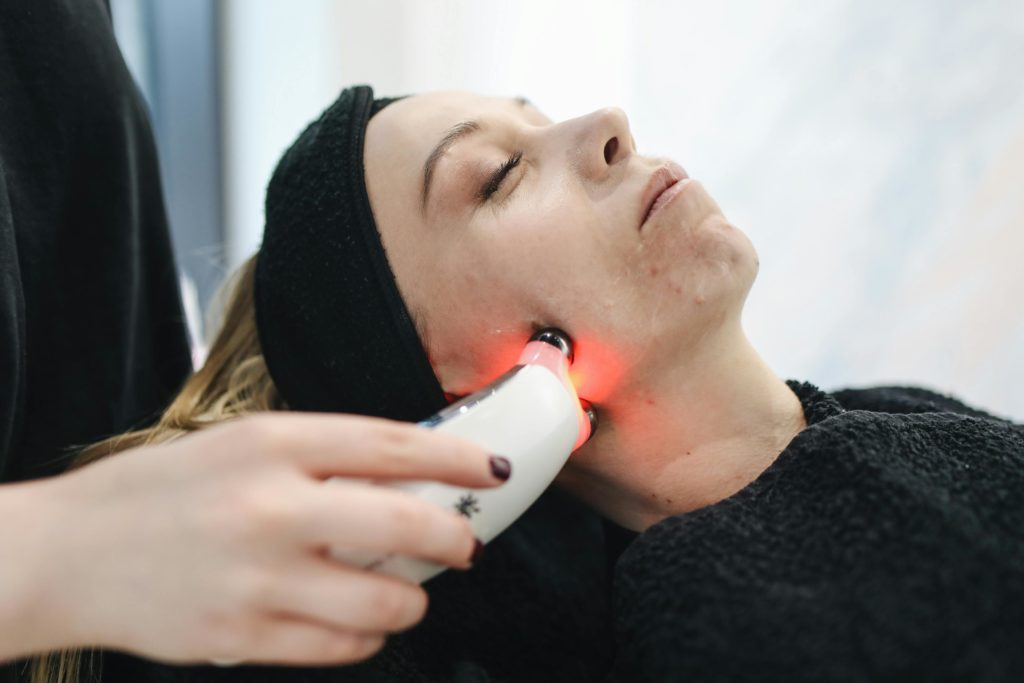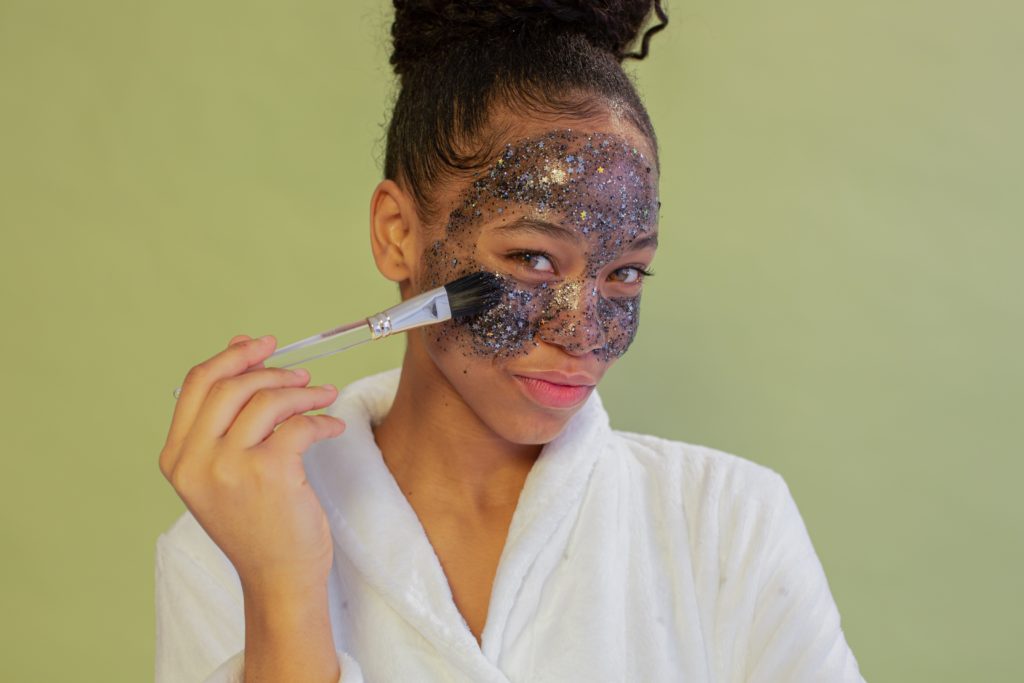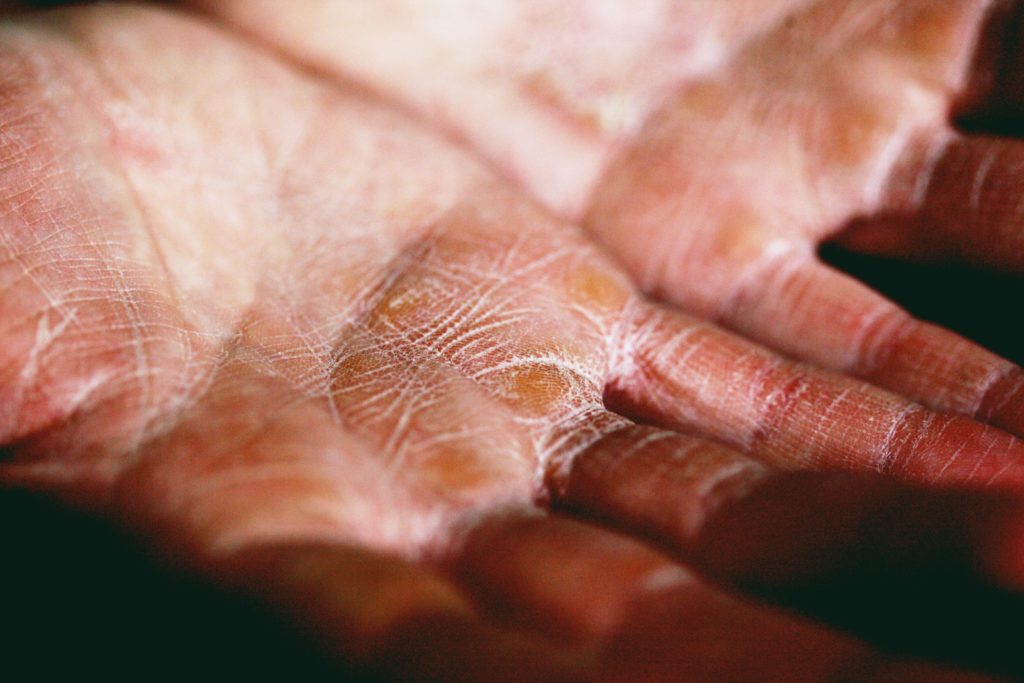Acne affects millions of people worldwide, impacting not only physical appearance but also self-esteem and confidence. In the quest for clear skin, individuals often turn to a myriad of treatments, including topical creams, oral medications, and lifestyle changes. However, one approach that has gained considerable attention in recent years is laser therapy.
Laser treatments for acne promise to target pimples and breakouts at their source, offering a non-invasive and potentially effective solution for those struggling with persistent blemishes. But amid the hype, it’s crucial to separate fact from fiction and understand the truth about laser treatments for acne.
In this comprehensive guide, we’ll delve into the science behind laser therapy, explore its effectiveness, weigh the potential risks and benefits, and provide insight into what to expect from treatment sessions. Whether you’re considering laser therapy as a standalone solution or in conjunction with other acne treatments, this article aims to empower you with the knowledge needed to make informed decisions about your skincare journey.
How Laser Treatments for Acne Work
Laser treatments for acne utilize focused light energy to target and reduce acne-causing bacteria, shrink oil glands, and promote skin healing. Various types of lasers are used in these treatments, including diode lasers, pulsed dye lasers, and fractional lasers, each with its unique mechanism of action.
During a laser treatment session, the dermatologist or skincare professional will pass the laser over the affected areas of the skin, delivering controlled pulses of light. This light energy penetrates the skin’s layers, targeting the sebaceous glands responsible for excess oil production and the bacteria that contribute to acne formation.
Over time, laser treatments can lead to a reduction in acne lesions, improved skin texture, and minimized scarring. However, the number of sessions required and the degree of improvement can vary depending on factors such as the severity of the acne, skin type, and individual response to treatment.
Potential Benefits of Laser Treatments for Acne
Laser treatments for acne offer several potential benefits for individuals struggling with persistent breakouts:
1. Targeted Treatment: Laser therapy precisely targets acne lesions without affecting surrounding skin, minimizing the risk of collateral damage.
2. Reduced Acne Severity: Many individuals experience a reduction in acne severity and frequency following laser treatments, leading to clearer skin and improved confidence.
3. Minimized Scarring: Laser therapy can help minimize the appearance of acne scars by promoting collagen production and skin regeneration.
4. Non-Invasive: Unlike surgical procedures or invasive treatments, laser therapy is non-invasive and typically involves minimal discomfort and downtime.
5. Customizable Approach: Dermatologists can tailor laser treatments to suit individual skin types and concerns, providing personalized care for optimal results.
Potential Risks and Side Effects
While laser treatments for acne offer promising results for many individuals, they are not without risks and potential side effects:
1. Skin Sensitivity: Some individuals may experience temporary redness, swelling, or sensitivity following laser treatment sessions. These side effects usually resolve within a few days but can be managed with appropriate skincare and post-treatment care.
2. Hyperpigmentation or Hypopigmentation: In rare cases, laser treatments may cause changes in skin pigmentation, leading to either darkening (hyperpigmentation) or lightening (hypopigmentation) of the treated areas. These effects are usually temporary but can be permanent in rare instances.
3. Risk of Burns: Improper use of laser devices or inadequate cooling during treatment sessions can increase the risk of burns or blistering. It’s essential to seek treatment from a qualified and experienced dermatologist or skincare professional to minimize this risk.
4. Temporary Worsening of Acne: Some individuals may experience a temporary exacerbation of acne following laser treatments, known as purging. This occurs as the skin undergoes a healing process, and acne may temporarily appear worse before improving.
5. Cost Considerations: Laser treatments for acne can be costly, especially if multiple sessions are required for optimal results. It’s essential to weigh the potential benefits against the financial investment when considering this treatment option.
What to Expect During Laser Treatment Sessions
Before undergoing laser treatments for acne, it’s essential to consult with a qualified dermatologist or skincare professional to discuss your concerns, medical history, and treatment goals. During the consultation, the provider will assess your skin condition and recommend the most suitable laser treatment approach.
On the day of the treatment, you’ll be asked to cleanse your skin and remove any makeup or skincare products. The provider will then apply a numbing cream to minimize discomfort during the procedure. During the treatment session, you may experience a warm sensation or mild tingling as the laser is applied to the skin.
After the treatment, you may experience temporary redness, swelling, or sensitivity, which typically resolves within a few days. Your dermatologist will provide instructions for post-treatment care, including skincare products to use and activities to avoid. It’s essential to follow these guidelines diligently to ensure optimal results and minimize the risk of complications.
Conclusion
Laser treatments for acne offer a promising solution for individuals struggling with persistent breakouts and acne scarring. By harnessing the power of focused light energy, these treatments target acne-causing bacteria, reduce oil production, and promote skin healing. While laser therapy can yield significant improvements in acne severity and skin texture, it’s essential to weigh the potential risks and benefits and consult with a qualified dermatologist before undergoing treatment.
As with any medical procedure, individual results may vary, and multiple treatment sessions may be required to achieve optimal results. By understanding the science behind laser treatments for acne, potential risks and side effects, and what to expect during treatment sessions, you can make informed decisions about your skincare journey. Clearer, smoother skin may be within reach with the help of laser therapy—but always prioritize safety and consult with a trusted skincare professional for personalized guidance.
Frequently Asked Questions (FAQs)
1. Are laser treatments for acne painful?
Most individuals tolerate laser treatments for acne well and experience minimal discomfort during the procedure. Providers typically apply a numbing cream to the skin before treatment to minimize any sensation of discomfort. Some individuals may experience a mild warm sensation or tingling during the procedure, but it is generally well-tolerated.
2. How many laser treatment sessions are needed for acne?
The number of laser treatment sessions needed for acne can vary depending on factors such as the severity of the acne, skin type, and individual response to treatment. Some individuals may see improvement after a single session, while others may require multiple sessions spaced several weeks apart for optimal results. Your dermatologist will assess your skin condition and recommend a personalized treatment plan based on your specific needs.
3. Are there any long-term side effects of laser treatments for acne?
While laser treatments for acne are generally safe and well-tolerated, there is a risk of potential side effects, including changes in skin pigmentation, temporary redness or swelling, and rare instances of burns or blistering. It’s essential to seek treatment from a qualified and experienced dermatologist or skincare professional to minimize these risks and ensure safe and effective treatment.
4. Can laser treatments for acne help with acne scarring?
Yes, laser treatments for acne can help minimize the appearance of acne scars by promoting collagen production and skin regeneration. Different types of lasers, such as fractional lasers, are specifically designed to target acne scars and improve skin texture. However, individual results may vary, and multiple treatment sessions may be needed to achieve optimal outcomes.
5. Are laser treatments for acne suitable for all skin types?
Laser treatments for acne can be suitable for individuals with various skin types, but it’s essential to consult with a qualified dermatologist or skincare professional to determine the most appropriate treatment approach for your specific needs. Some lasers may be better suited for certain skin types or conditions, and your provider will assess your skin and recommend the safest and most effective treatment option for you.



